The “Lado P” of confinement
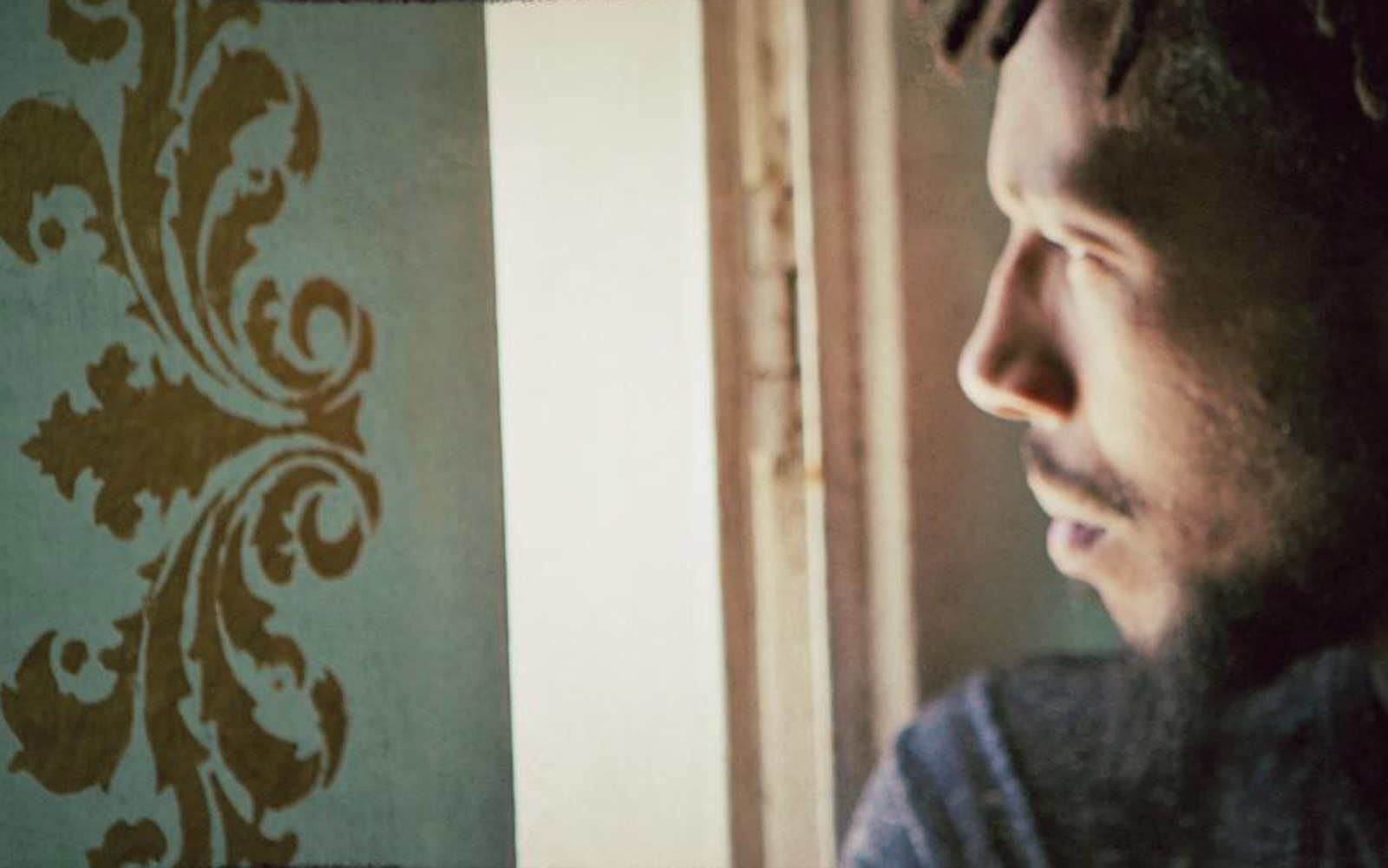
“We are the rats that rats will gnaw
From summer to summer in death we live
My tales are facts, cats’ eyes withdraw
To the hunter the prey shall be subversive,
To each his home until winter come to an end,
For each case is a case and in hell we won’t pretend”
This is the beginning of a poem written on the 25th of April 2020 by Felipe Marques, an inmate of the Prison Establishment of Caxias. It is a letter. There’s a note on the top right corner of the page explaining: “This is something I started late at night and with this incentive I threw in a few more lines today. It is a reflection of the day to day here, but it is not finished”.
This poem is one of the many letters exchanged between the inmates of this prison and the artistic team of the project “Lado P” during the months of quarantine. This project is supported by the Calouste Gulbenkian Foundation in the context of the PARTIS initiative – Artistic Practices for Social Inclusion.
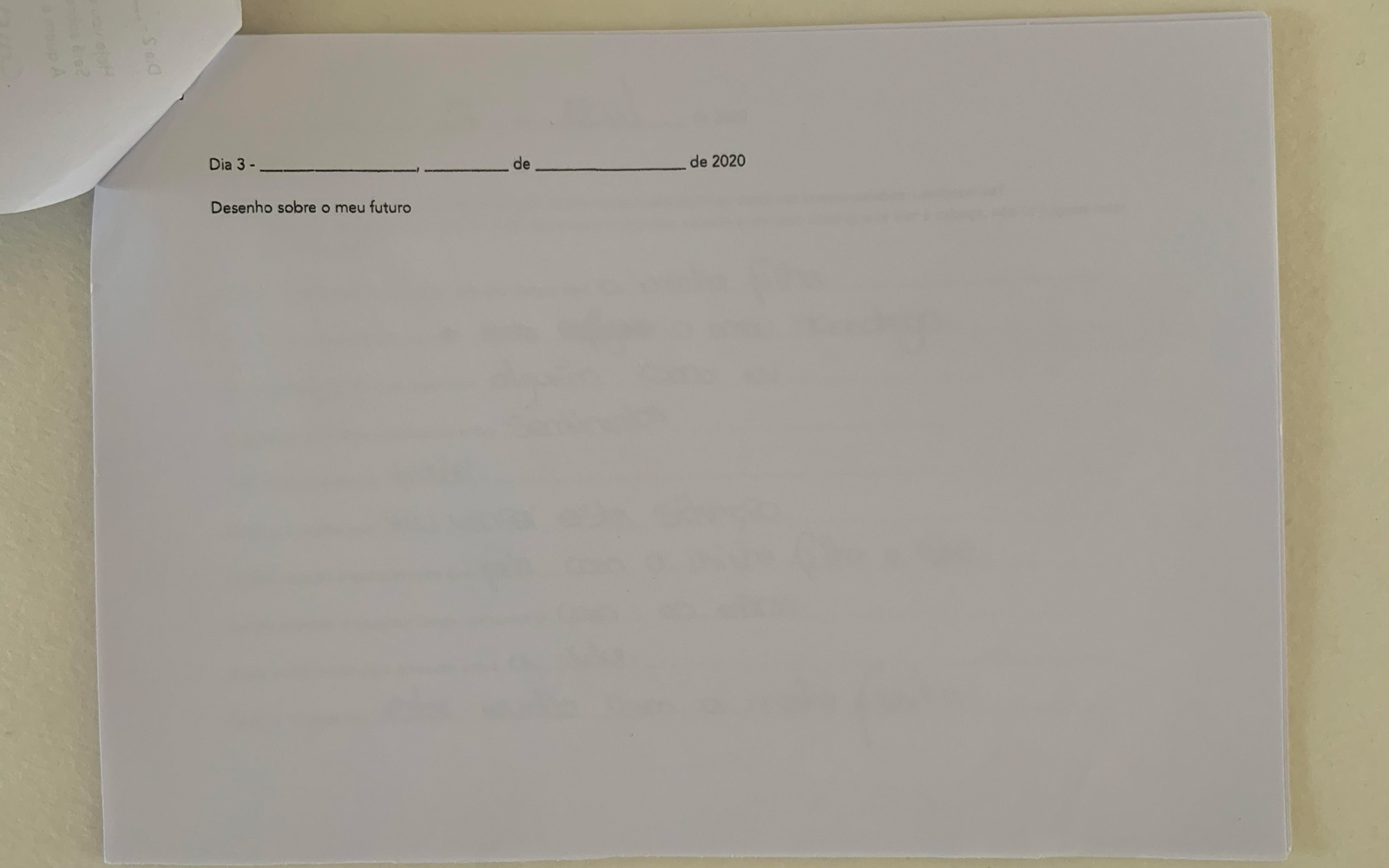
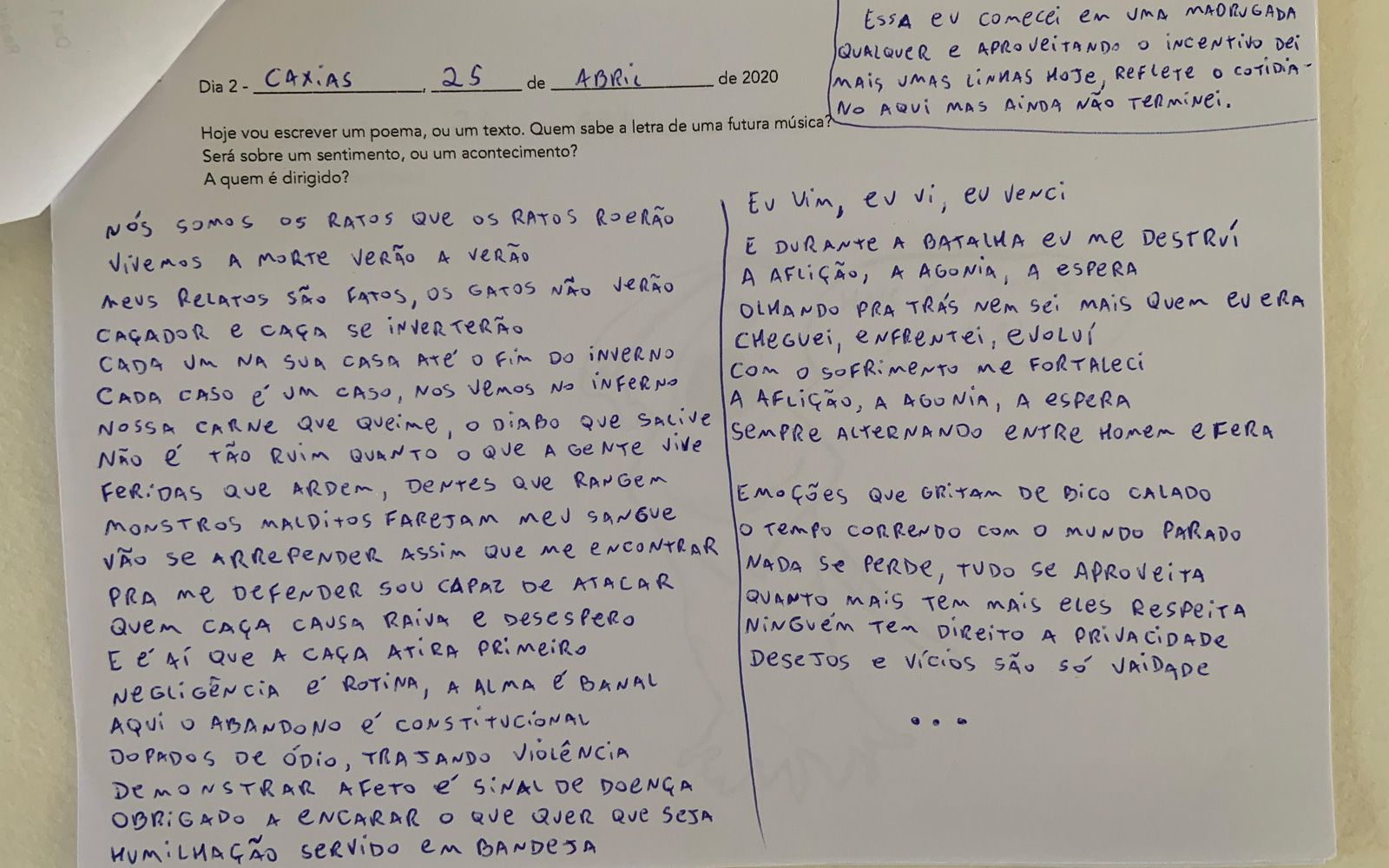
“In 2019, our project for the PARTIS initiative was working on developing technical and artistic skills with a group of inmates” explains Filipa Reis, artistic director of the project. During the first year of “Lado P”, the goal was to work with inmates “on the inside”. It started with a course of audio-visual techniques, certified by Word Academy, and a series of workshops on writing and theatre organized by Teatro do Silêncio, the promoter of the project. In the end of 2019, they did a presentation for the community of the prison – guards, members of the direction, educators – and for the families of those who participated.
In its second year, the project aims to reach out to the families and “open up to society”: “our principles drive us to work not only by developing inmates’ skills to improve the likelihood of their social integration, but also by approaching the members of society who will be receiving them” says the artistic director. In this spirit, a 13-episode documentary series, financed by RTP and Instituto do Cinema, will be produced with the inmates as leading actors. So that the message spreads from the inside-out.
It was at this point that the pandemic surprised the team. They were filming twice a week, in one of the rooms of the prison, when visits were suspended in March.
A challenge turned into an opportunity
One of the exercises they were developing for the series was about the format of the video-letter. Because of the quarantine, and because inmates are not allowed to use audio-visual devices by themselves on the inside, the team prepared a variety of artistic proposals that involved writing and which could be sent via the traditional mail system.
These letters were the incentive to begin an exploration of the format of the diary through several proposals like “Today I’m going to write a poem or a text. Maybe the lyrics for a song yet to come? Is it about a feeling or a particular event? Who is it for?”, a “Drawing about my future” or “Memory of a special scene that happened today, weather it was in the cell or outside in the yard, among inmates”. A collection of letters, poems and drawings started to take form.
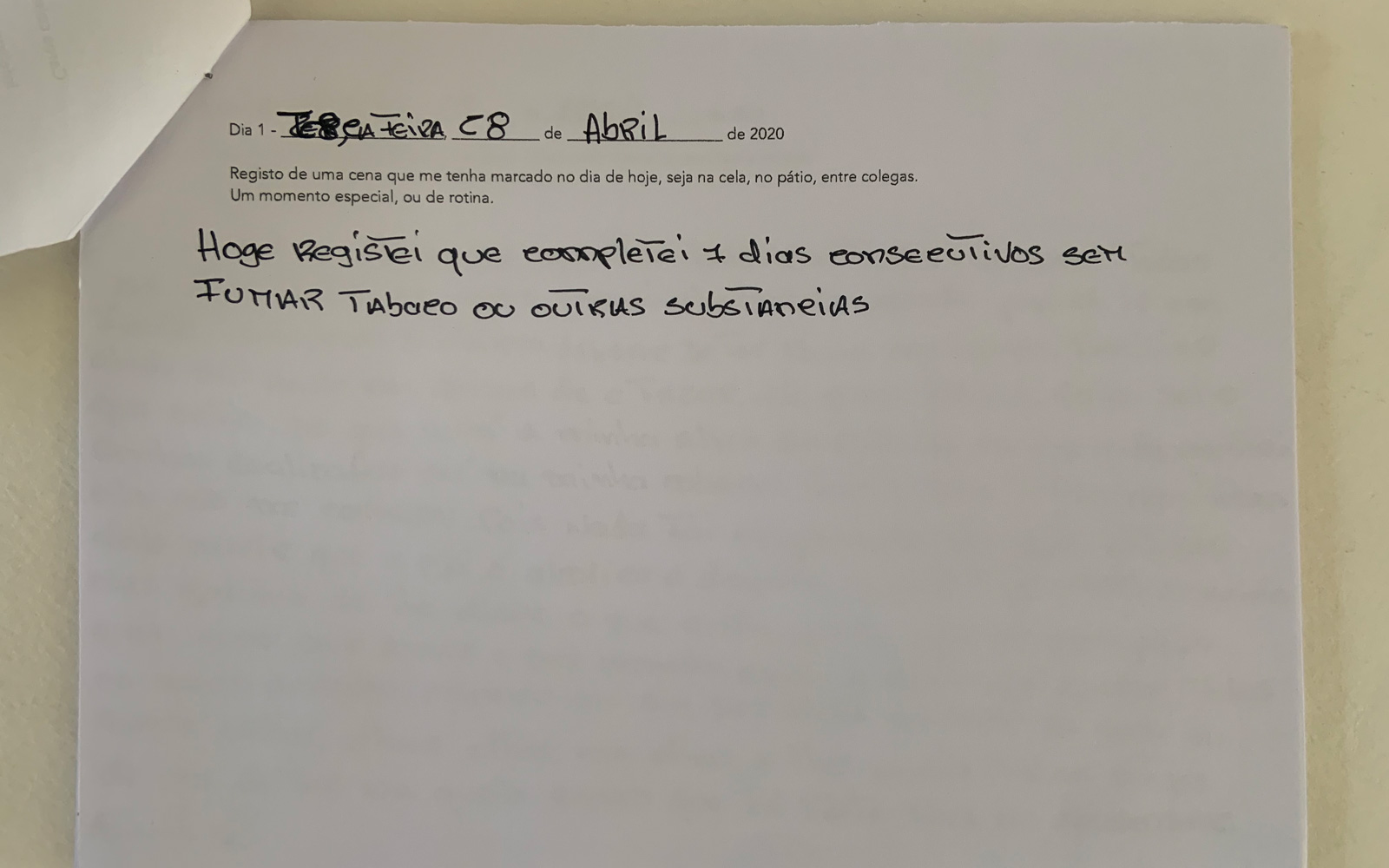
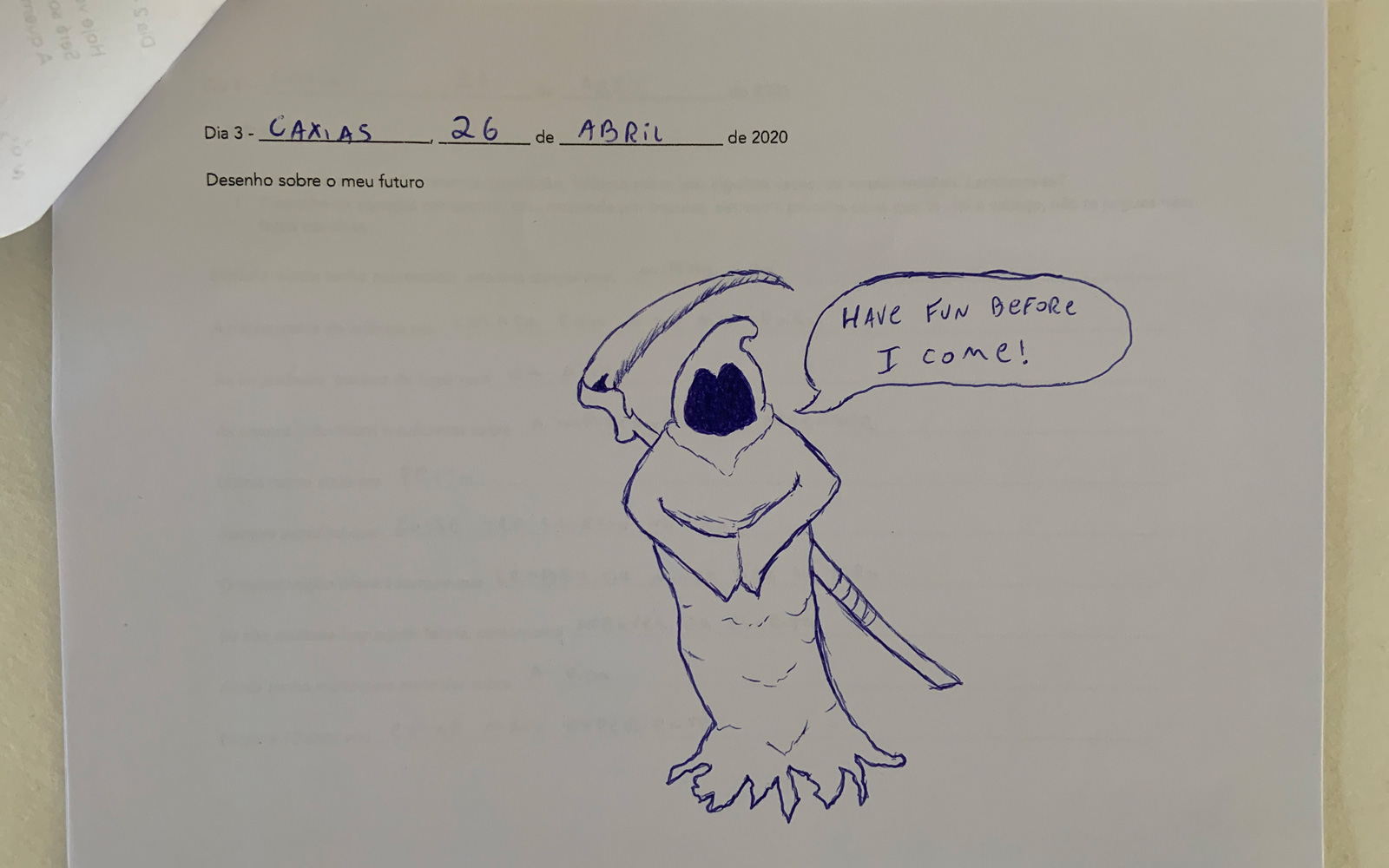
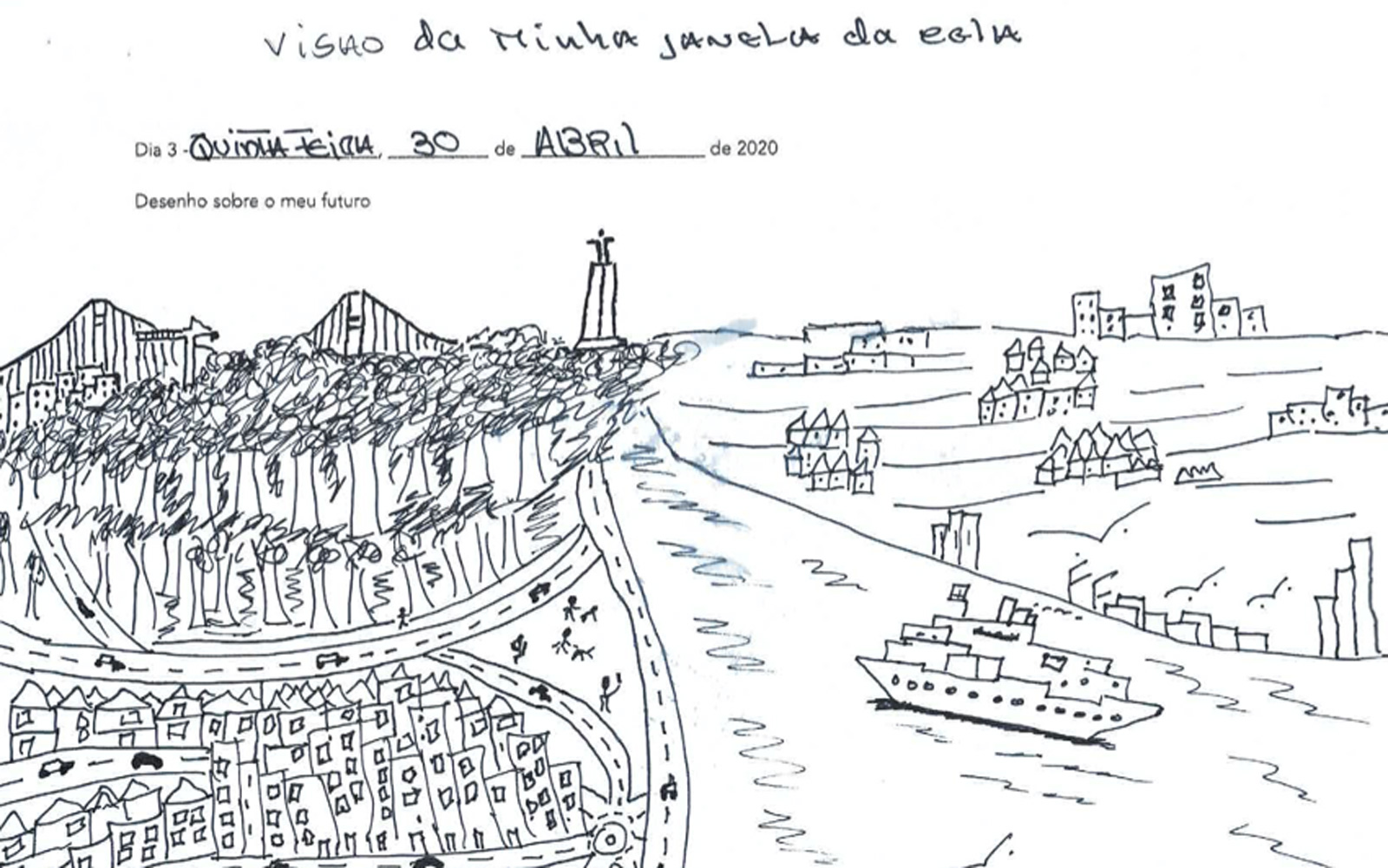
We can say that this theme is not new for people who are confined in a prison, but this did not give them any kind of immunity to the effects of the pandemic. Filipa Reis explains that, in this case, “confinement is even worse than for us, because every small pleasure of the week goes away, for instance, visits like ours or their family’s. It is almost like a rougher version of confinement.” This is, certainly, a difficult situation to imagine for someone who lives in freedom, “even after going through confinement”.
This is probably why proposals like this are received with enthusiasm, because they give them a chance to express their feelings about a suffocating and solitary reality. “We received such interesting works that we are trying to open up even more to the idea of artistic partnership (…). We are sending invitations to artists from other fields so that they can establish a dialogue with what was produced.” explains Filipa. She also adds that “this is the main conclusion to draw from the effects of the pandemic on the project. Even while facing a challenge we managed to identify other opportunities. Instead of quitting we kept on going and this generates a process of transformation”.
Up until today it was not possible to resume the shootings in Caxias but the team is confident that they will soon get back to work. In addition to this documentary series that will premiere on RTP2 in 2021 , the project also aims to shoot a movie joining the community from this prison establishment and the artistic community, while exploring their communication with closer family (biological or affective) and with society in general. They are aware that “the dialogue between participants and the artistic community will be as rich as the diversity it can encompass”.
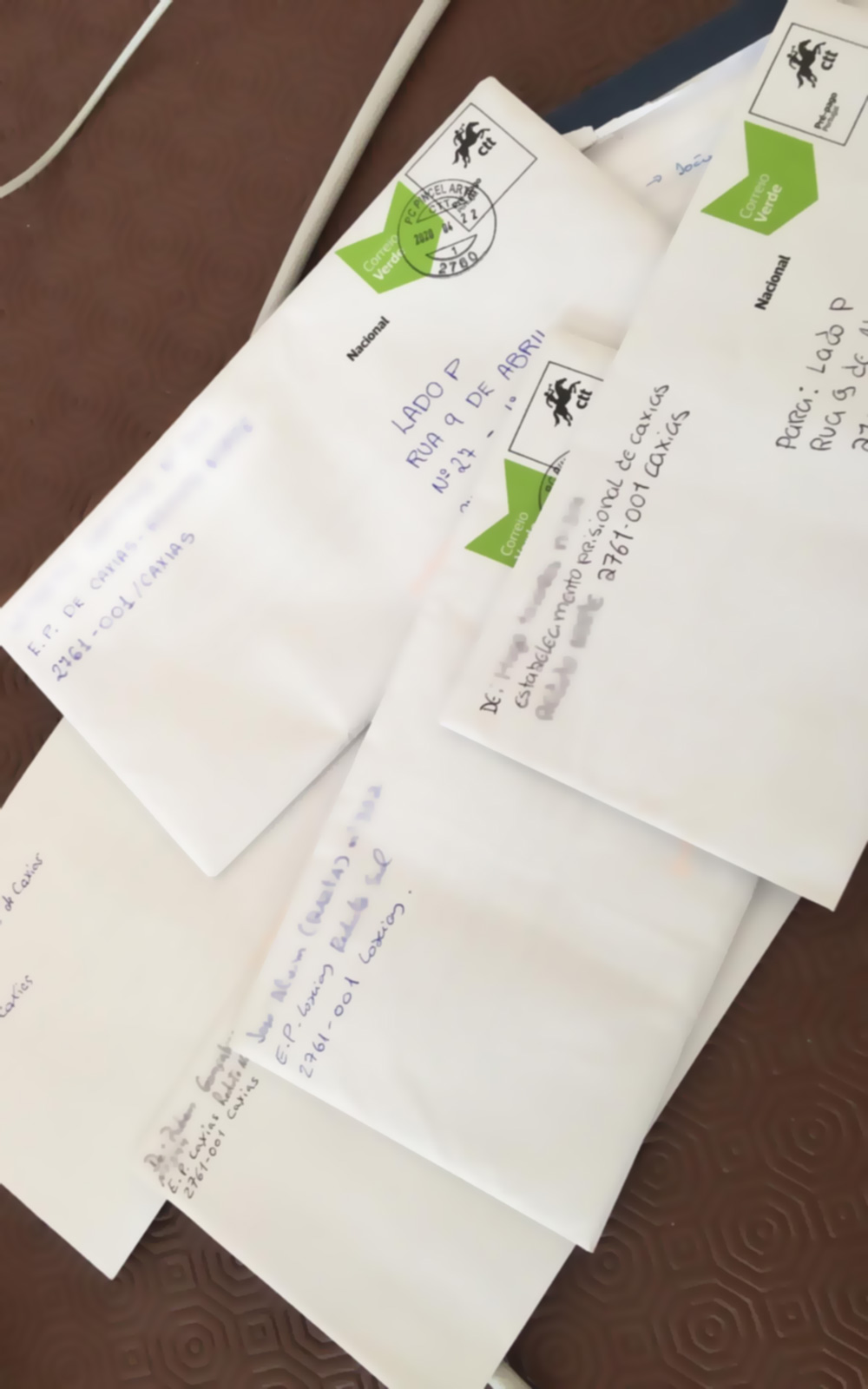
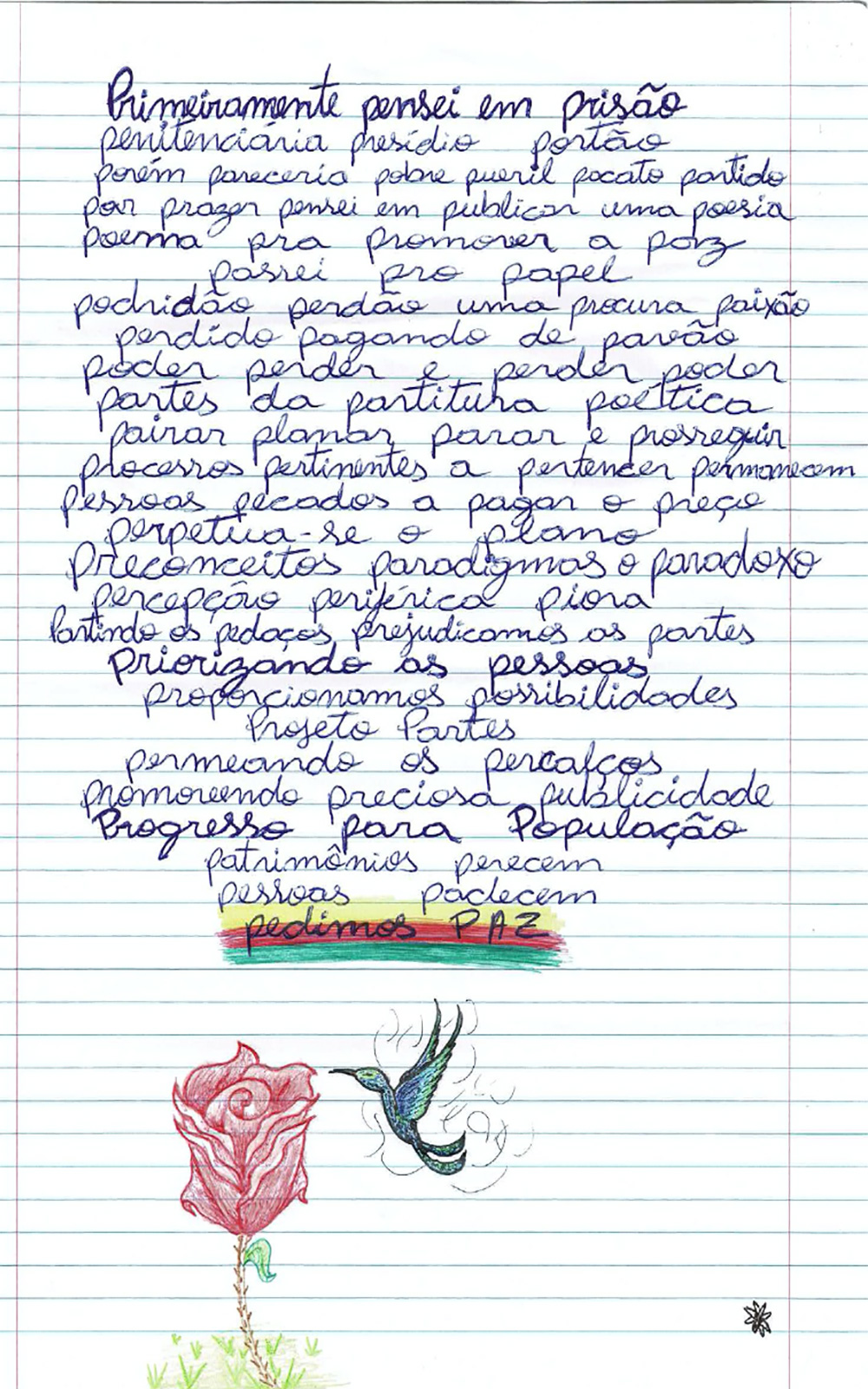
There will be plenty of challenges on the way on an individual and collective level for the members of the project “Lado P”. Fortunately, participatory art has an ability to help transforming obstacles and barriers into doors that open up to new approaches. This is what Pablo Santos, one of the participants, tells us in a audio-letter we wrote for his 12-year-old self:
Go for it, open minded,
everything will work out,
Be confident that what is far away can be near in an instant
Stay smart
Go for it, willingly
Go for truth, do not wait for opportunity.
It is never too late

